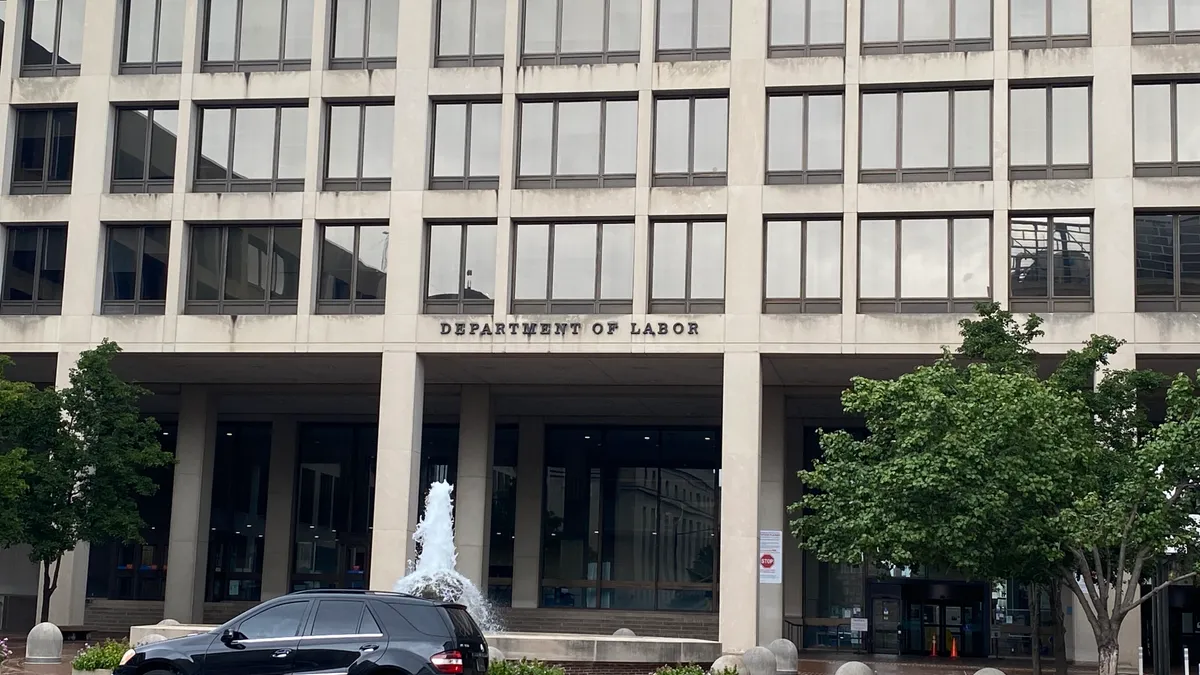Dive Brief:
- Most employees (83%) would not report harassment if they saw it, according to an Emtrain study released March 10. Moreover, 41% of workers aren’t confident management would take a complaint seriously, the organization concluded after analyzing a dataset of 2.5 million responses from more than 40,000 employees at more than 125 companies.
- Among other things, a culture that allows “in-group/out-group dynamics” or cliques can contribute to a toxic workplace, the organization said. The study found that one in four employees feels they have had to “minimize their heritage or personal identity to fit into a job.” These employees are less likely to report harassment, less likely to believe the company is open to hearing complaints and less likely to believe colleagues would report bad behavior. They are also judged more harshly by their co-workers, the results showed.
- "Our research shows many businesses have a long way to go," Emtrain CEO and founder Janine Yancey said in a press release. “Businesses spend about $5 billion a year on harassment training and we don't seem to be solving this issue. … These issues require strong interpersonal skills because many situations are less obvious than everyone thinks.”
Dive Insight:
Culture has emerged as a priority for business leaders. Fast-growing companies are hiring Chief People Officers much earlier than they used to, to prevent toxic environments but also as a proactive strategic talent measure. During the past five years, the turnover cost of a toxic work environment was more than $223 billion for U.S. employers, according to a recent Society for Human Resource Management study.
While culture is becoming a topic of interest, business leaders and corporate directors may not be putting in enough sincere effort towards these goals, some say. Financial performance and brand recognition were the top priorities for business leaders in a recent Accenture survey; just 34% of leaders surveyed ranked diversity as a top priority.
“Creating a culture of equality must be at the top of the business agenda," Julie Sweet, CEO of Accenture said in a statement in early March. "It starts with the belief that diversity is not only the right thing to do, but a business imperative that is treated the same as any other strategic priority.”
To address culture and inclusion as priorities, companies may need to hold managers accountable and create systems to measure and track key metrics. Without a discrete plan in place, stakeholders may be unaware of their roles and value. Talent management leaders also may consider the pervasive threat of bullying in the workplace and how it contributes to toxic cultures. A 2017 survey found that 19% of U.S. employees are bullied and another 19% see it happening. And according to Emtrain’s findings, those incidents will be underreported.













